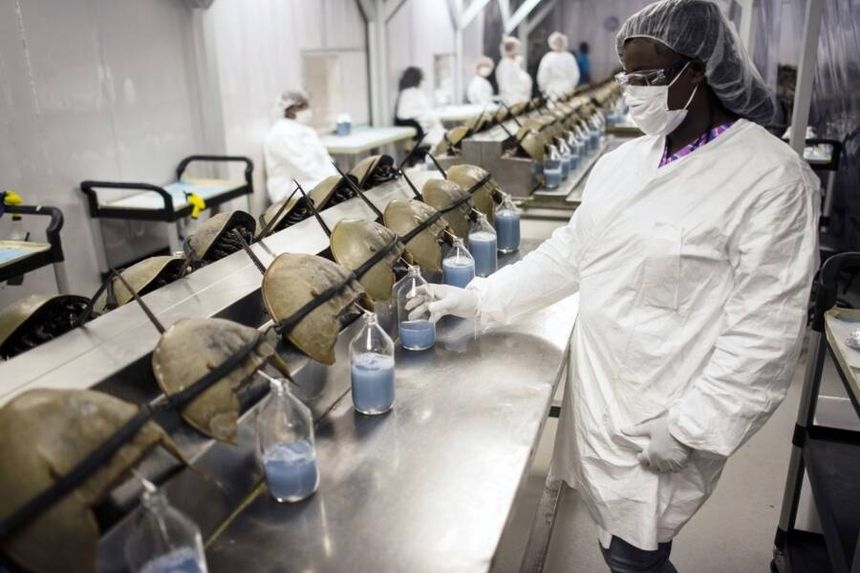And then humans came along to mess with em

A place for majestic STEMLORD peacocking, as well as memes about the realities of working in a lab.

Rules
This is a science community. We use the Dawkins definition of meme.
And then humans came along to mess with em


Stupid life-saving copper based blood...
I find it hard to understand, what special thing the blood has, that is not synthetically manufacturable. With most foodstuff companies trying to synthetically manufacture as much of the food as they can, what makes this "Near Threatened" animal, so important to harvest?
I googled it for you, there is LAL which is a blood clotting agent (that exists only in the blood of horseshoe crabs) that reacts with the bacterial capsule which makes it important for vaccine safety tests. Alternatives do exist but ya know, money is more important to corporations than some animal's life.
Alternatives do exist but ya know, money is more important
What are the alternatives, and how can we reduce their costs to match that of horseshoe crab blood?
I have done some more googling (I can't stress this enough, I am just googling)
The top alternatives are rFC (genetically modified cells produce the required enzyme) and MAT (human monocytes do the detection) They're more costly, picking ready fruit is easier than growing an orchard.
Also I should mention how new the alternatives are, they're just (2018 is just now for me lol) getting their approvals and regulations so given time LAL will be replaced.
given time LAL will be replaced
That sounds encouraging!
Subsidies
So they'll use alternatives once the crabs go extinct.
Well... 😶
It's like a more realistic representation of what Neo would see when he wakes from the Matrix
Science abhors a vacuum but it fucking loves a crab
Nature abhors a vaccuum
Nice doggie!

Heckin sea roomba
Yet some of them still managed to evolve into spiders...
They were bored one afternoon
One of the best things I got to do as a kid was go down to horseshoe crab time at the shore at pet them and hear a science human talk about their fancy blood. The fancy blood of the horseshoe crabs, not the science human's blood.
Fascinating creatures. TIL they are more closely related to arachnids than crabs.
How close are they to horseshoes?
Practically identical.
Hihi...asking the most important questions.
How about hand grenades?
Lazy bastards
all extant species (except hu-men) be like: evolve? whats that. just livin out here.